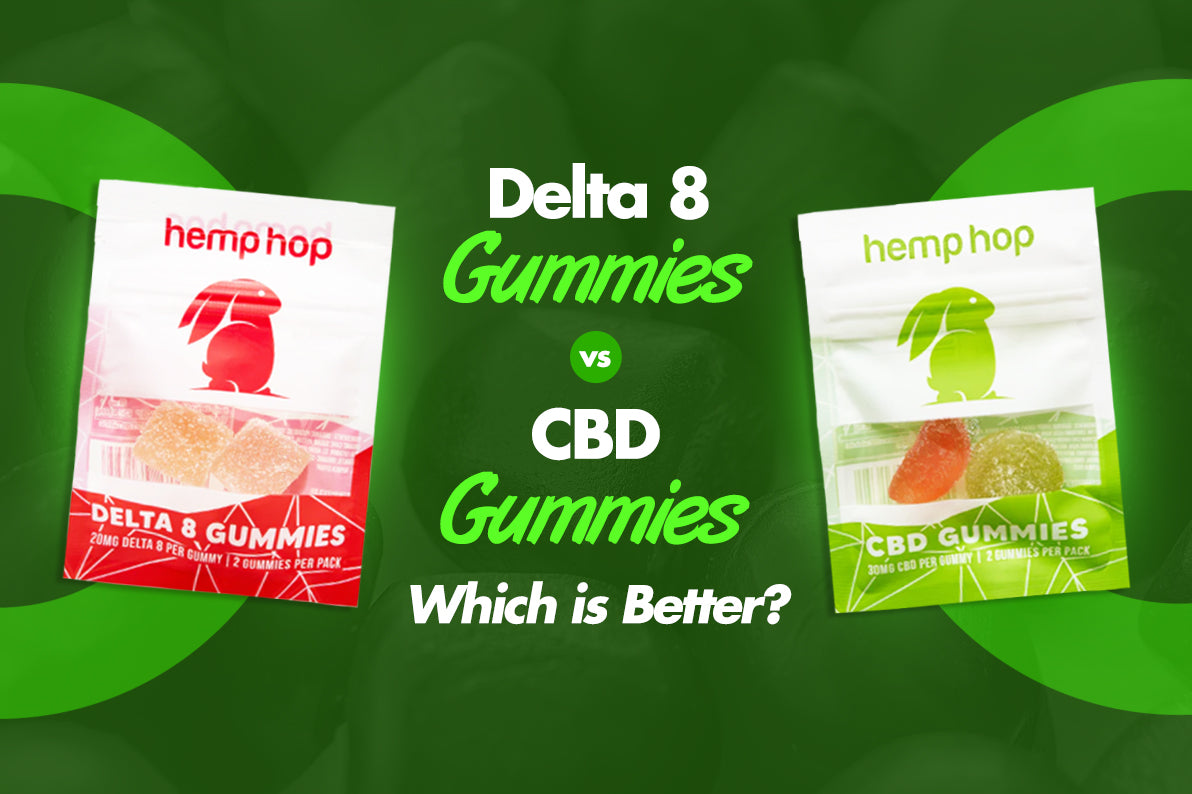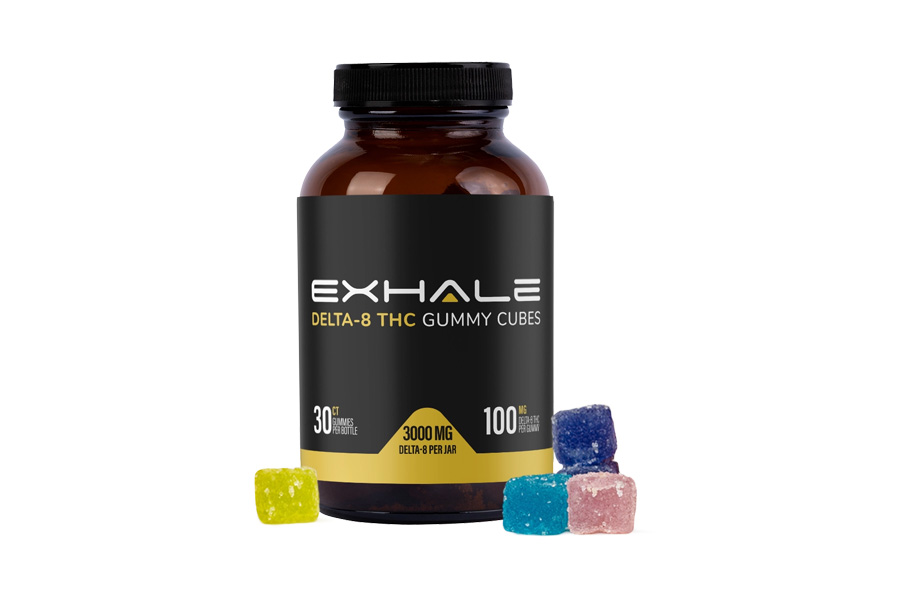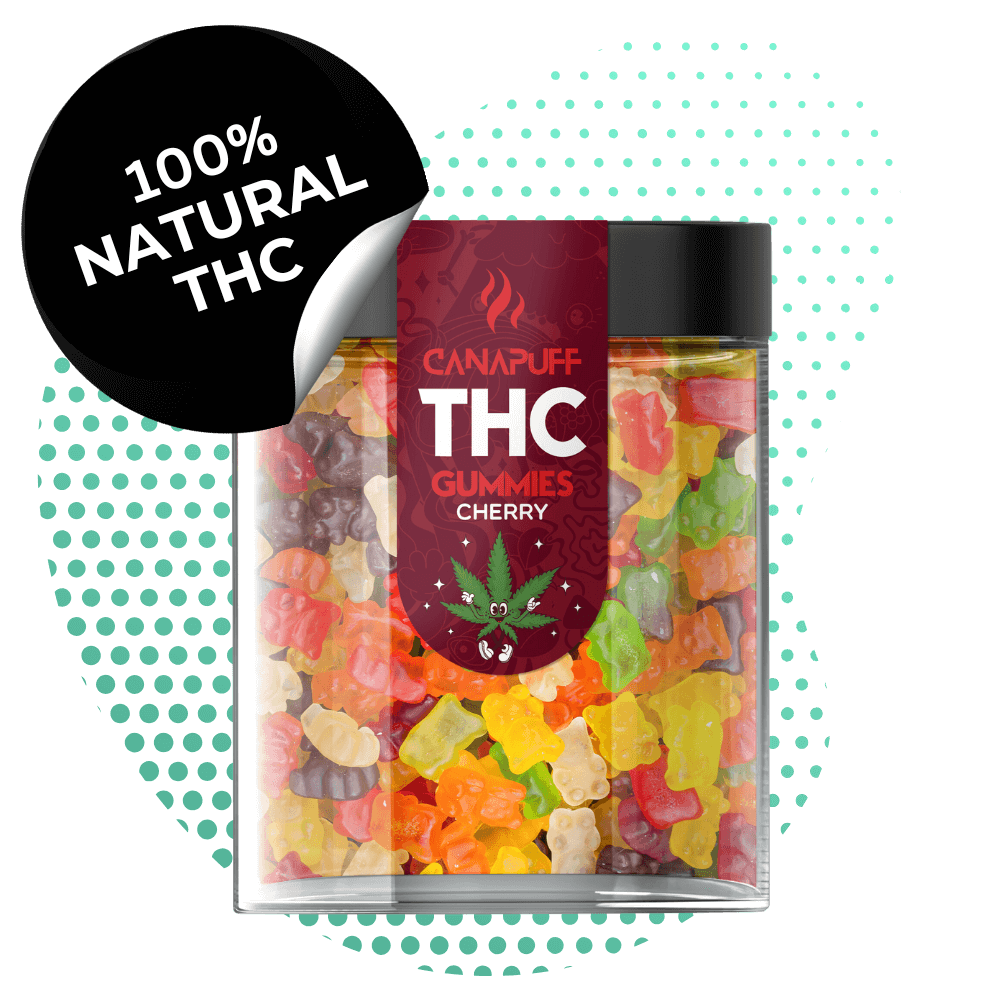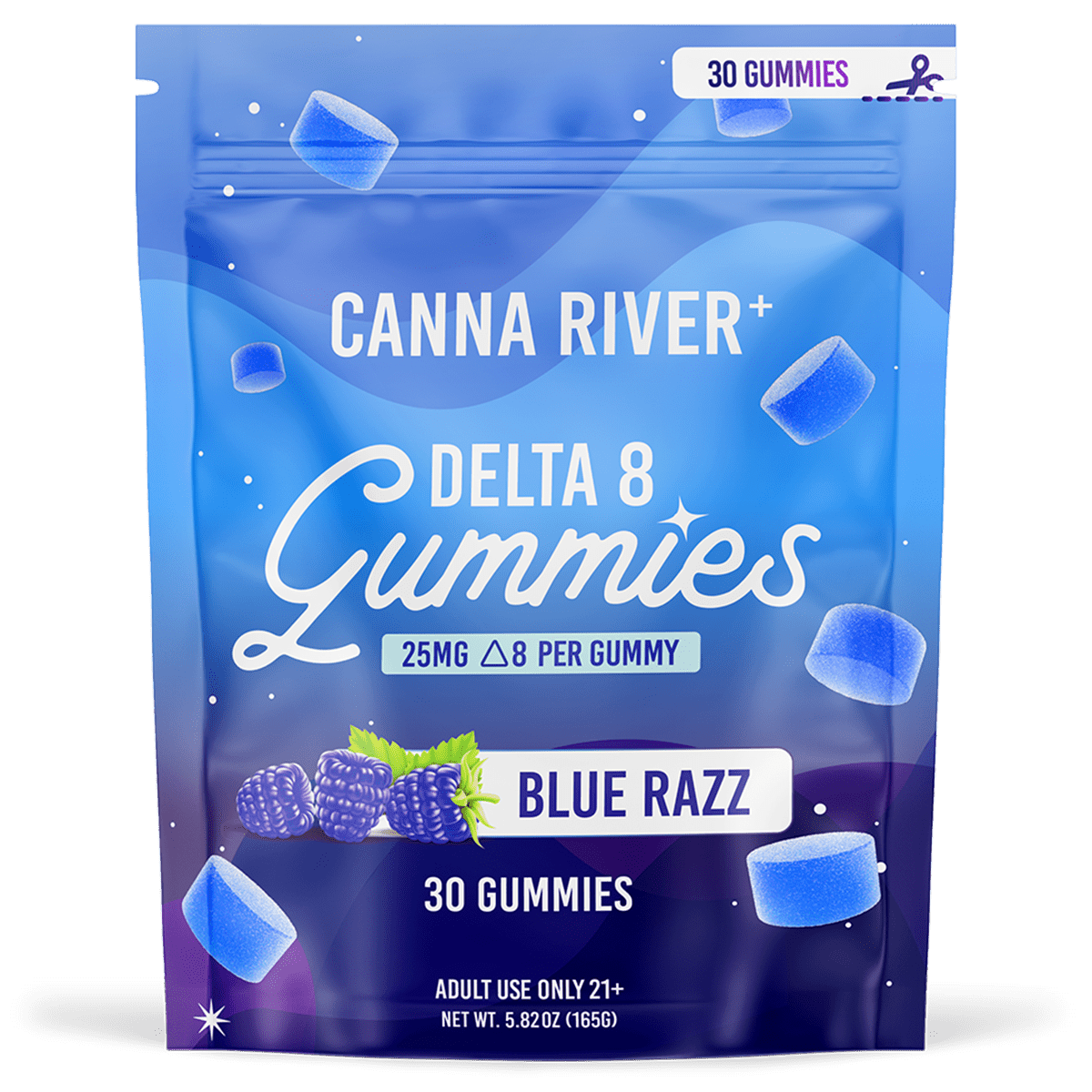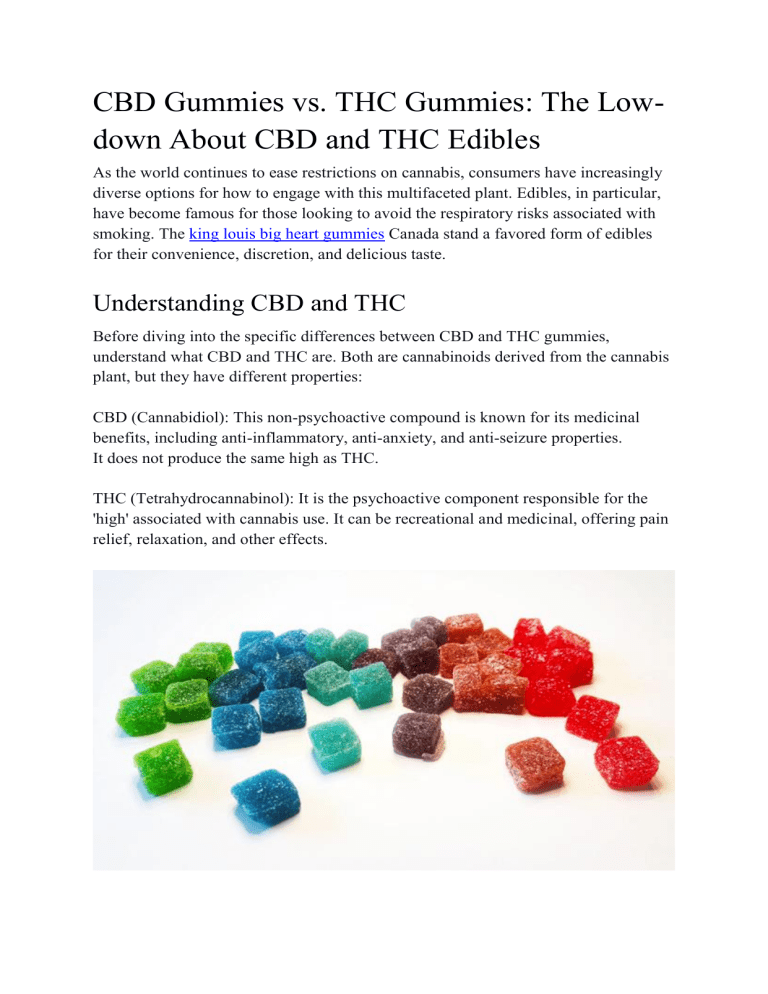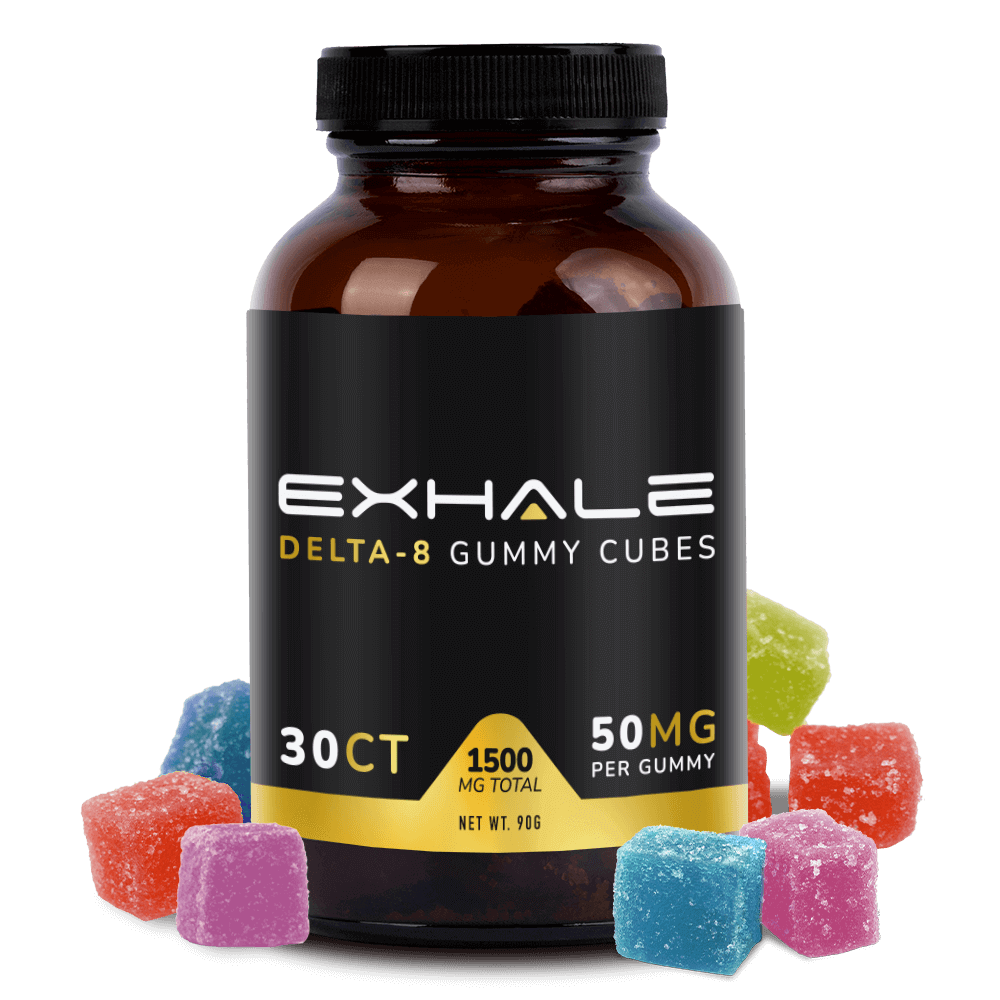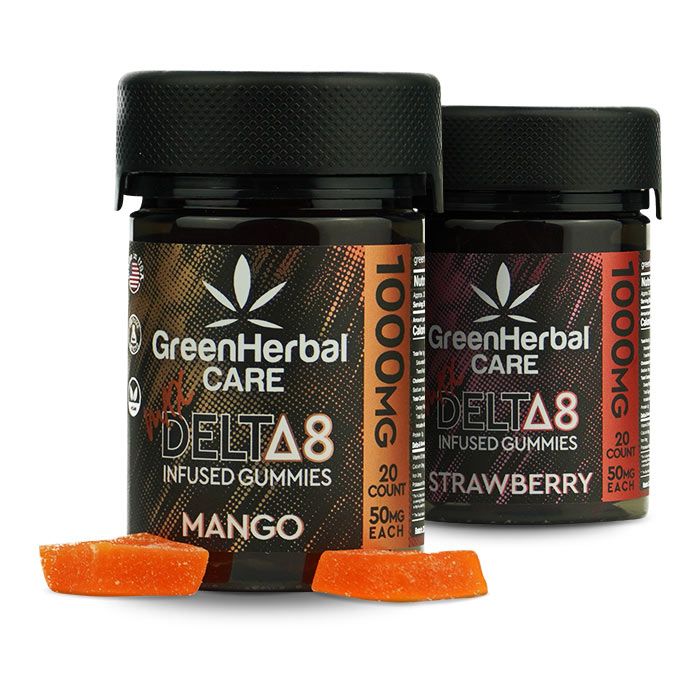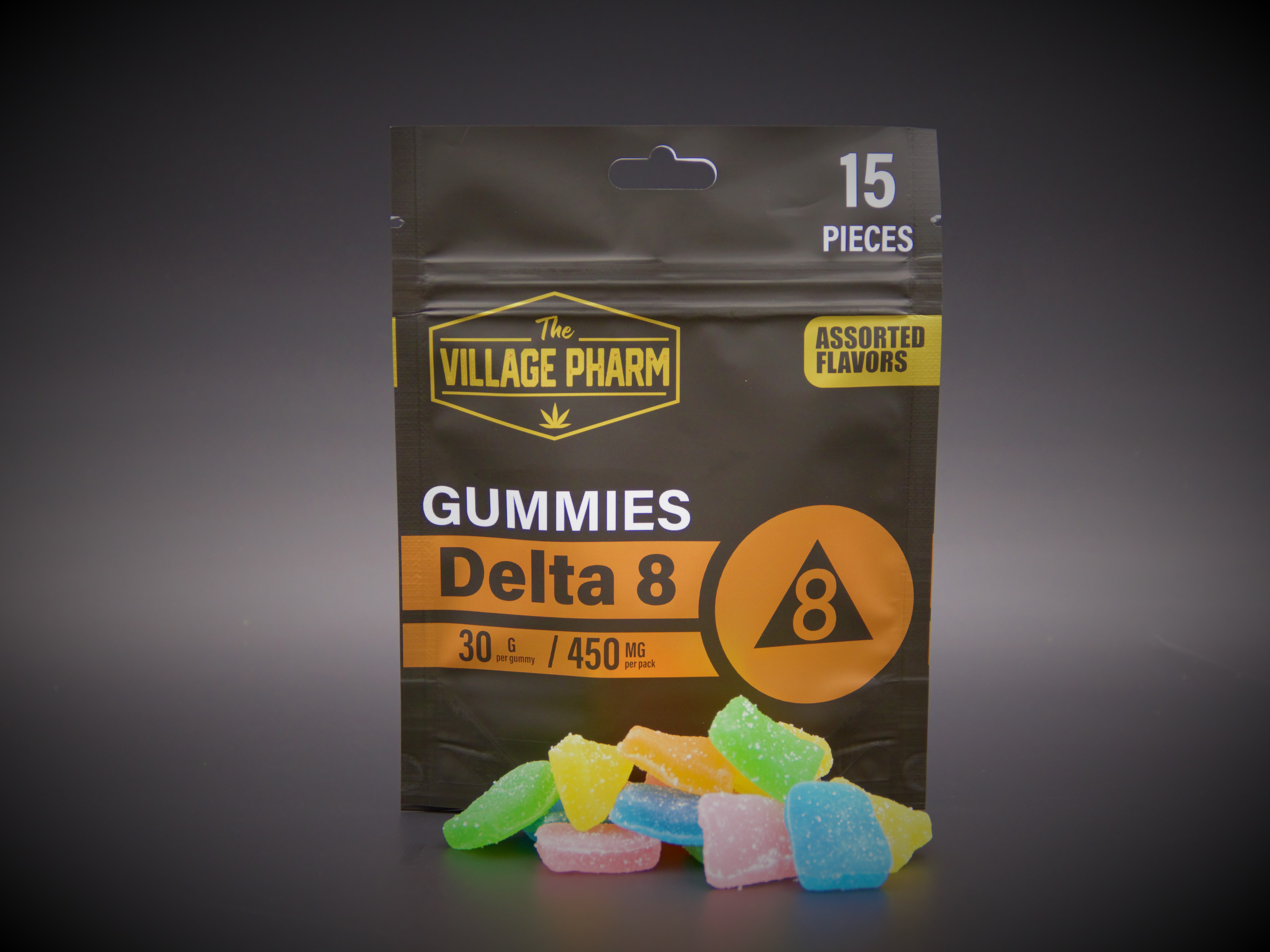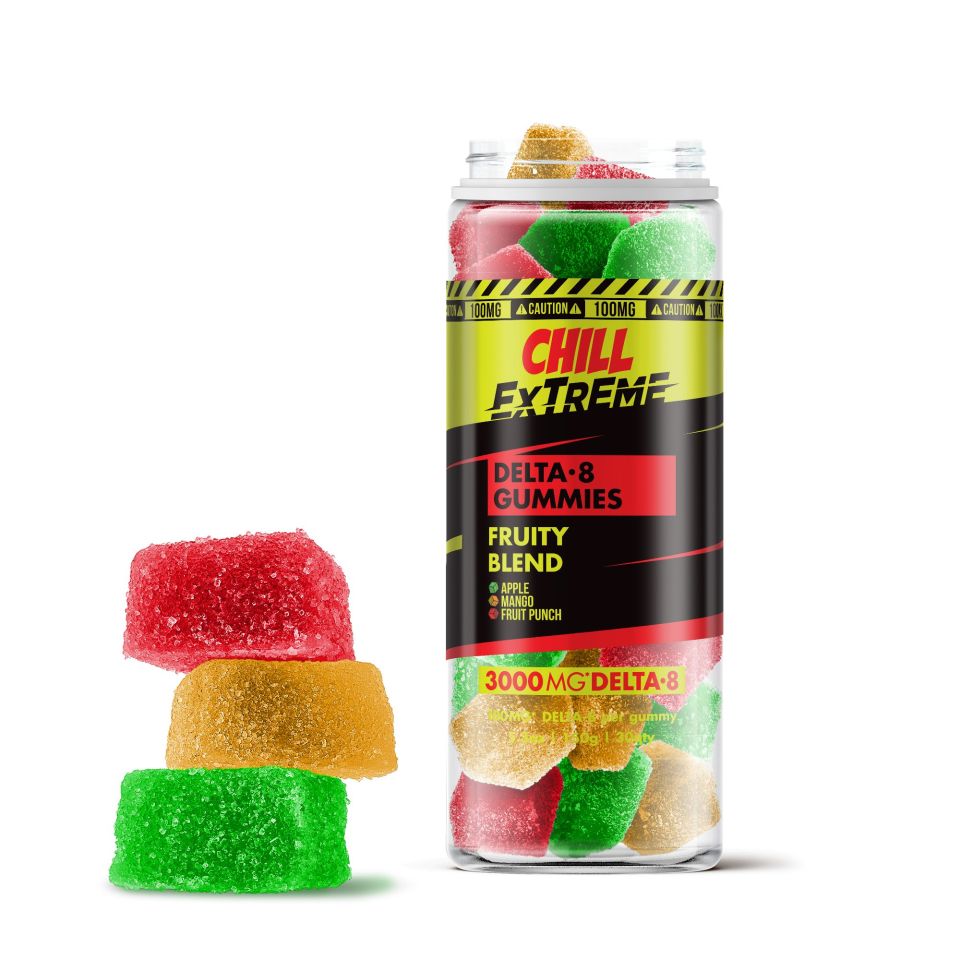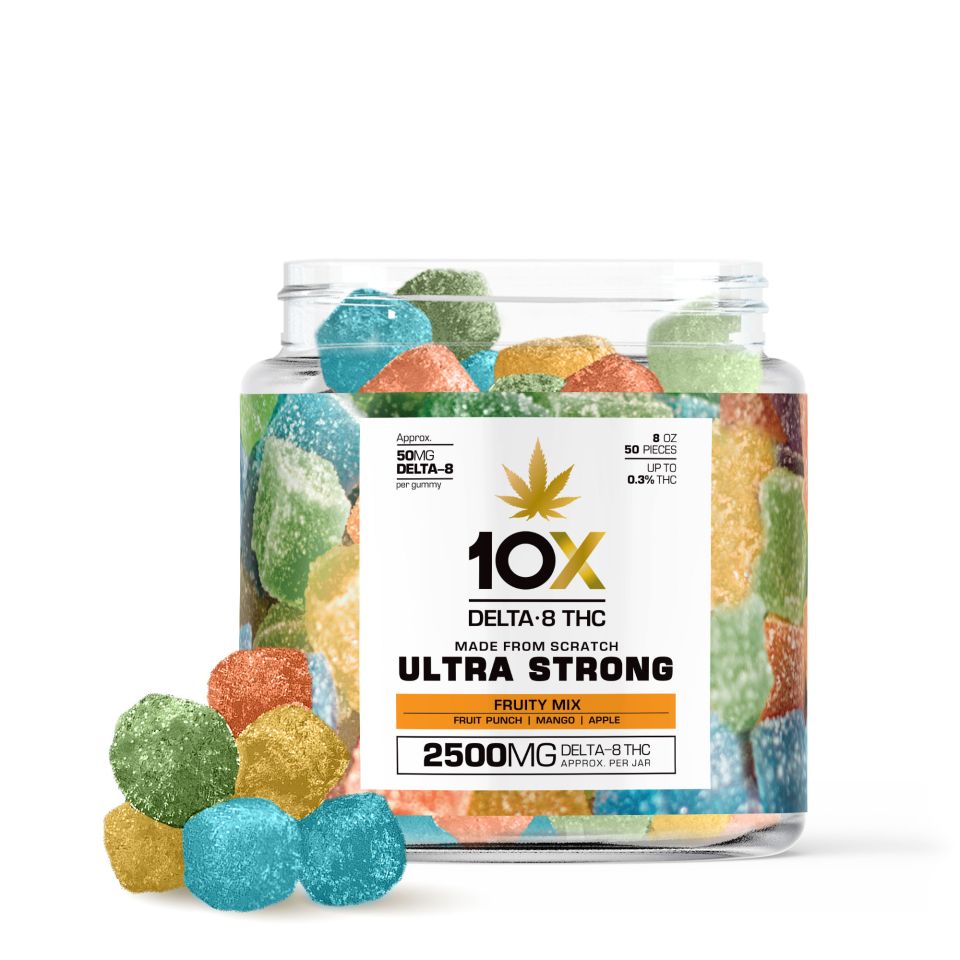Delta 8 Gummies Vs Thc Gummies

The cannabis landscape is rapidly evolving, leaving consumers navigating a complex web of legality, potency, and potential health effects. At the heart of this evolving market lies a growing debate: Delta 8 gummies versus traditional THC gummies. The differences between these seemingly similar products are significant, impacting everything from their psychoactive effects and legal status to their accessibility and potential risks.
This article delves into the nuances of Delta 8 and Delta 9 THC gummies, exploring their chemical structures, sources, effects, legal landscapes, and potential health concerns. Understanding these distinctions is crucial for consumers making informed decisions and for policymakers navigating the regulatory challenges posed by these increasingly popular products.
The Chemistry of Cannabis: Delta 8 vs. Delta 9 THC
Both Delta 8 tetrahydrocannabinol (THC) and Delta 9 THC are cannabinoids, chemical compounds found in the cannabis plant. The key difference lies in the location of a double bond on their carbon chains. This seemingly minor structural variation results in significant differences in how these compounds interact with the body's endocannabinoid system.
Delta 9 THC, the primary psychoactive component of cannabis, binds strongly to CB1 receptors in the brain, producing the well-known euphoric and intoxicating effects associated with marijuana. Delta 8 THC, on the other hand, binds less strongly to these receptors, resulting in a milder, less intense high.
While both compounds can produce feelings of euphoria, relaxation, and altered perception, Delta 8 is often described as providing a more clear-headed and less anxiety-inducing experience compared to Delta 9. However, individual responses can vary significantly based on factors such as dosage, tolerance, and individual body chemistry.
Sources and Production: Natural vs. Synthesized
Delta 9 THC is abundant in cannabis plants, particularly in marijuana strains. Delta 8, however, occurs in much smaller quantities, making direct extraction from the plant commercially challenging. As a result, most Delta 8 products are produced through a process called isomerization, where CBD (cannabidiol) is converted into Delta 8 using chemical solvents.
The isomerization process raises concerns about potential contamination with residual solvents and other byproducts. The lack of standardized regulations in the Delta 8 market means that product purity and safety can vary widely between manufacturers.
Consumers should seek out products that have been third-party tested to verify their purity and potency. Independent lab reports can provide valuable information about the presence of contaminants and the accuracy of cannabinoid labeling.
The Legal Labyrinth: State and Federal Regulations
The legal status of Delta 8 is complex and varies considerably depending on state and federal laws. The 2018 Farm Bill legalized hemp, defined as cannabis plants containing no more than 0.3% Delta 9 THC. This legalization inadvertently created a loophole that many Delta 8 manufacturers have exploited.
Because Delta 8 is often derived from hemp-derived CBD, many argue that it falls under the legal definition of hemp and is therefore federally legal. However, the Drug Enforcement Administration (DEA) has issued interim rules stating that synthetically derived THC remains a Schedule I controlled substance, regardless of its Delta 9 THC content.
This conflicting guidance has led to a patchwork of state laws, with some states explicitly banning Delta 8, others regulating it like marijuana, and still others allowing its sale without restriction. The legal uncertainty surrounding Delta 8 makes it crucial for consumers to be aware of the laws in their specific location before purchasing or using these products.
Effects and Risks: A Matter of Potency and Purity
Delta 8 gummies typically produce milder psychoactive effects compared to Delta 9 gummies, but the specific effects can vary widely depending on the dosage and individual tolerance. Common effects include relaxation, euphoria, altered perception, and increased appetite.
However, it is important to remember that Delta 8 is still a psychoactive substance and can impair cognitive function and coordination. Driving or operating heavy machinery while under the influence of Delta 8 is dangerous and should be avoided. Some users have reported anxiety, paranoia, and other adverse effects, particularly at higher doses.
Beyond the psychoactive effects, there are also concerns about the potential health risks associated with Delta 8 products due to the lack of regulation and quality control in the market. Contamination with residual solvents, heavy metals, or other harmful substances is a real possibility. It is critical to source Delta 8 products from reputable manufacturers that provide third-party lab testing results.
Consumer Considerations: Making Informed Choices
Consumers should approach Delta 8 and Delta 9 gummies with caution and do their research before making a purchase. Consider the source of the product, the manufacturing process, and the availability of third-party lab testing results. Start with a low dose and gradually increase it as needed to achieve the desired effects.
Be aware of the legal status of Delta 8 in your state and understand the potential risks associated with using these products. It is also important to consult with a healthcare professional before using Delta 8 or Delta 9, especially if you have any underlying health conditions or are taking medications.
The lack of regulation in the Delta 8 market makes it essential for consumers to be vigilant and prioritize safety. Look for products with clear and accurate labeling, and avoid products that make unsubstantiated health claims. Remember, buyer beware is especially important when it comes to unregulated cannabis products.
The Future of Cannabis: Regulation and Research
The debate over Delta 8 gummies versus THC gummies highlights the urgent need for clearer regulations and more research in the cannabis industry. Standardized testing protocols, labeling requirements, and age restrictions are necessary to protect consumers and ensure product safety. Furthermore, more research is needed to fully understand the long-term health effects of both Delta 8 and Delta 9 THC.
As the cannabis market continues to evolve, policymakers will need to grapple with complex legal and ethical issues. Finding a balance between consumer access, public safety, and economic opportunity will be crucial. Ultimately, a science-based approach to regulation will be essential for fostering a responsible and sustainable cannabis industry.
The future of cannabis hinges on informed consumers, responsible manufacturers, and evidence-based regulations. By prioritizing safety and transparency, we can harness the potential benefits of cannabis while minimizing the risks.

